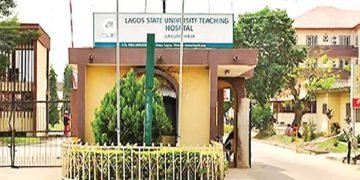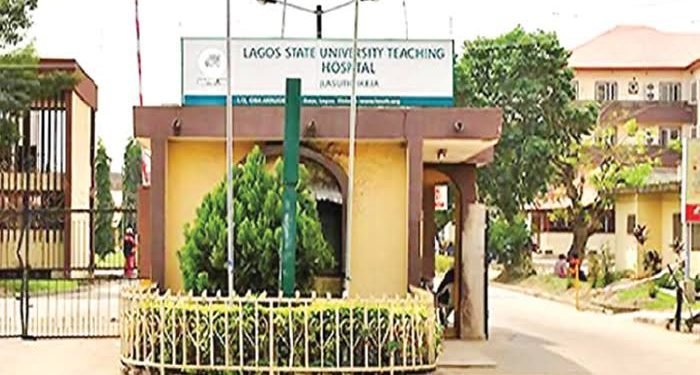By Charles Igwe
Lagos State University Teaching Hospital (LASUTH) has achieved a significant medical breakthrough by successfully performing a non-surgical repair of a hole in the heart. The procedure, known as Ventricular Septal Defect Closure, was conducted at LASUTH’s cardiac catheterization laboratory, marking a groundbreaking milestone for a public tertiary health institution in Nigeria.
The remarkable accomplishment was announced by LASUTH through a series of tweets on its official Twitter handle, @LASUTHikeja. The hospital emphasized its commitment to providing quality healthcare solutions to the residents of Lagos State, Nigeria, and beyond.
Dr. Oluwaseye Oladimeji, an Interventional Cardiologist at LASUTH, expressed his excitement about the procedure, stating that it provides patients with an alternative to open-heart surgery. He explained that the Ventricular Septal Defect Closure is performed on individuals born with a hole in the heart. Dr. Oladimeji outlined two methods to address this condition: open-heart surgery or non-surgical closure.
The non-surgical closure involves using a disc-like device to close the hole between the left and right ventricles of the heart, without the need for a chest incision. Dr. Oladimeji highlighted that patients who undergo this procedure can be discharged just two hours after the closure, enabling a swift recovery and timely return home.
LASUTH’s Cardiac Catheterization Laboratory has been instrumental in performing various procedures, including over 120 successful ones since its inception in the second quarter of 2022. The hospital’s management, led by Chief Medical Director Prof. Adetokunbo O. Fabamwo, has consistently strived for excellence, resulting in continuous improvements in healthcare delivery at LASUTH.
Cardiac catheterization, a procedure that typically lasts about three hours, has proven to be safe with rare complications. Most patients can leave the hospital the day after undergoing the procedure, offering further convenience and reducing hospitalization time.
A hole in the heart, known as an Atrial Septal Defect (ASD), refers to a hole between the upper chambers (atria) of the heart. It increases the blood flow through the lungs and is one of the most common congenital heart defects. The condition occurs when the wall dividing the upper chambers fails to close properly during pregnancy.
LASUTH’s groundbreaking achievement in non-surgical hole-in-heart repair highlights the hospital’s dedication to advancing medical treatments and delivering excellent healthcare services to the community.








































